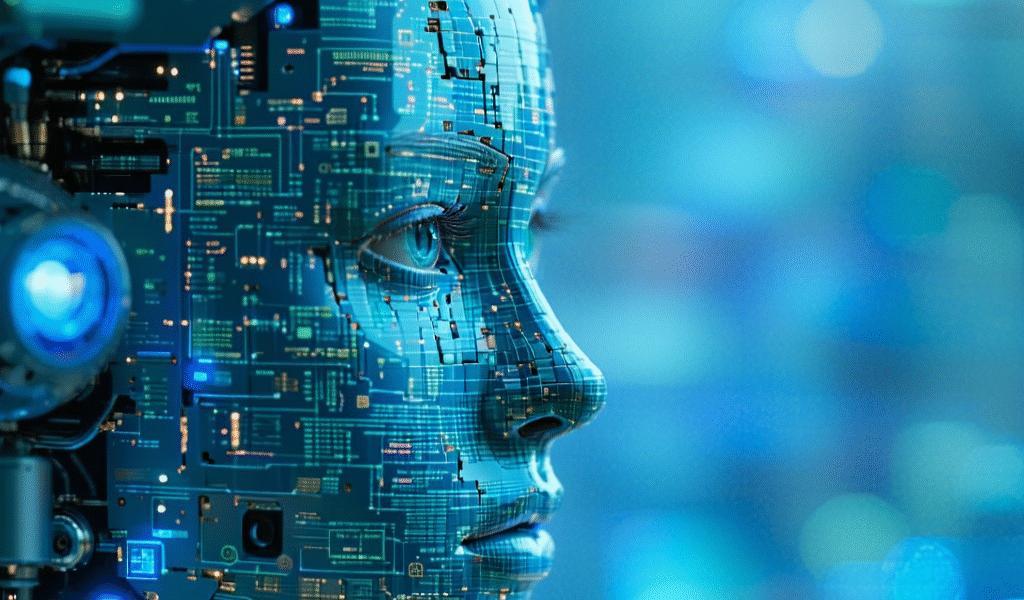Africa-Press – Botswana. In the digital age where machines can now compose music, write poetry and generate art with astonishing ease, one pressing question looms large for Botswana: who owns the output of artificial intelligence (AI)?
According to Letlhogonolo Moremi, an intellectual property lawyer, Development Policy Consultant and founder of ParkGrey IP, the answer is far from clear – and the consequences of this legal uncertainty may already be catching up with the country’s creatives and entrepreneurs.
Built for humans
“The very foundation of copyright law is that it protects human intellectual labour,” Moremi explained in an interview. “AI is not a person, and therefore, the idea that it can hold rights to work it generates is fundamentally flawed.”
While some global thinkers argue that AI-generated works deserve protection, others push back, insisting that copyright law was never designed for non-human creators.
Even if Botswana were to introduce legislation to recognise AI-generated content, another legal puzzle would arise: who would hold the rights – the user who inputs the prompts, the developer of the AI, or the AI itself?
No law, no protection
“That’s a key problem,” said Moremi. “If the AI infringes on someone’s copyright, who is legally responsible? Likewise, who has the right to sue others if their AI-generated content is stolen?”
At present, Botswana has no specific legal framework regulating AI-generated intellectual property. And yet, as AI tools become more accessible and widely used in creative industries, the gap in legislation is becoming a serious concern.
“This technology is here,” Moremi warns. “And our creatives are not shielded from its global impact.”
He stressed the need for urgent legal reform through collaboration between lawmakers, AI developers, intellectual property experts, and the creative community. “Without swift action, Botswana risks falling behind in both legal protections and innovation.”
Originality before the law
One of the biggest grey areas is the concept of originality – a cornerstone of copyright law. In situations where a human inputs a prompt and the AI generates the result, to what extent can that be considered original work?
“In copyright law, there must be a demonstrable application of human intellect, even if minimal,” Moremi explained. “But it cannot be so minimal as to be negligible.”
With the right tools and evidence, the courts may eventually be able to determine the human contribution, but for now, that line remains dangerously blurred.
Legal landmines
Botswana’s content creators and tech startups are unknowingly walking into legal minefields. According to Moremi, the first major risk is copyright infringement by AI itself. “AI models are trained on existing content, often scraped without consent,” he said. “This means your AI-generated content could contain fragments of someone else’s work, exposing you to lawsuits.”
The second risk lies in user agreements with AI platforms. Many such contracts contain clauses that assign ownership of the content to the AI company, limiting the creative’s rights to use, publish or profit from their own work.
Undefined authorship
Moremi is clear: without a legally defined author, there can be no enforceable rights. “All intellectual property laws are built on the principle that we can trace ownership back to a person or a group of people,” he said. “If we can’t do that, then the system collapses.”
This ambiguity opens the door to exploitation, grey markets, and a future where creatives in Botswana may have little to no control over the content they helped generate. If legal reform doesn’t keep pace with technology, the country could see its creative economy undermined by copyright confusion.
“Should we fail to resolve this debate at the same speed at which the technology is evolving, it will create serious challenges for creators and innovators in defending their IP rights,” Moremi said.
Source: Botswana Gazette
For More News And Analysis About Botswana Follow Africa-Press






